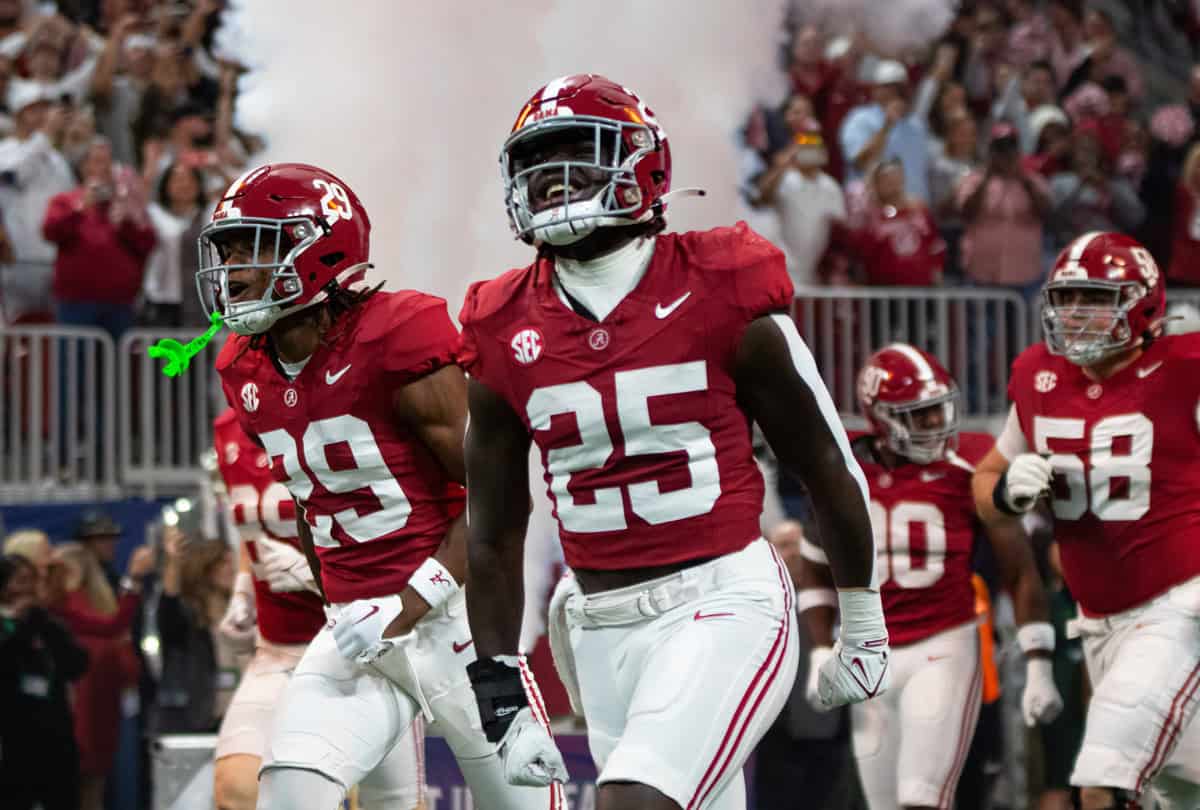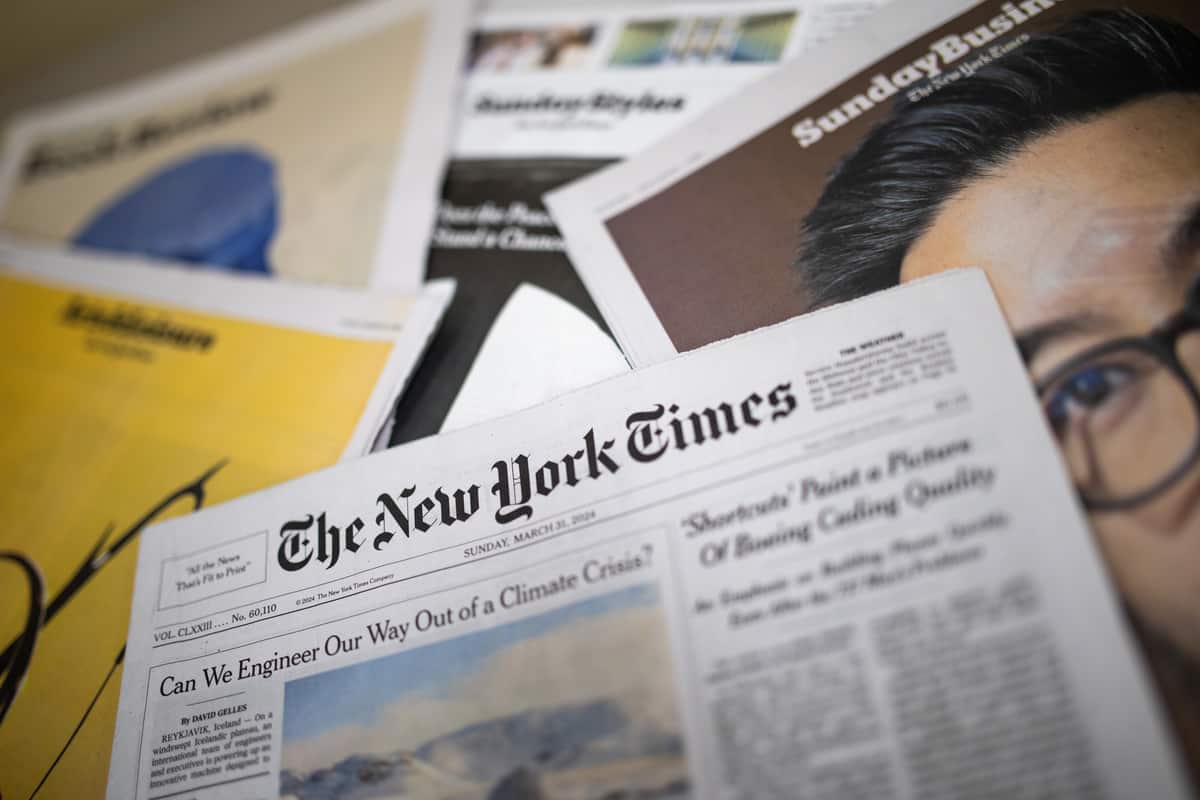My answer to why I chose the University is not unique. Just like many thousands of others from out-of-state, I turned my attention to Title Town after being offered an impressive scholarship package. I also loved the idea of getting to see the Tide dominate on Saturdays, and was sold after visiting campus and receiving a tour from a member of our incredible Capstone Men and Women. More importantly though, I had confidence that the University was moving in the right direction for the right reasons.
The University is not moving blindly ahead, simply expanding for the sake of growth. As Stephen Katsinas stated in 2014, “That this happened was no accident. It was the result of a deliberate plan and good leadership.” After the Great Recession, the state of Alabama faced the second worst cuts to higher education in the nation. Yet, the state’s flagship university is in a much better place now than it was before the recession because of its aggressive and progressive plan of growth. Out-of-state students not only subsidize what the state is not investing into the university, but also bring new ideas, cultures, experiences and perspectives into the fold. It is no secret that Alabama is often viewed as a state stuck in the past, so this infusion of new human capital should be a cause for celebration, as real change can only come when we start thinking and acting differently. On the same note, the growth of the out-of-state student population works to improve the perception the rest of the country has of both the University and the state as a whole. However, we have to discuss the main reason the University’s progress means the same for the state: the economic impact.
In a state with a meager economy and a Republican stranglehold on government, economic impact is the be-all and end-all. With a total annual impact on the state of $2.5 billion and an over 17 percent return on investment for every state dollar of appropriation, the University’s growth has resulted in more money for the people of Alabama and the state. Not only are out-of-state students staying in Alabama after graduation, using their education to fill quality jobs or start new, innovative businesses or non-profits in metropolitan areas like Birmingham, Huntsville and Mobile, but the increased level of academic talent enrolled in the University and the increased focus on impacting the struggling parts of the state is helping lift all boats. As signaled most evidently by the hire of former Rep. Jo Bonner in 2013 and recently reaffirmed with a new strategic plan, the University is focused on assisting the economic development of the state with its resources. This often means helping small businesses thrive and luring bigger businesses to the state, but it also comes in the form of community and educational outreach and service work in areas like the Black Belt. Of course the University can and should always do more to help those most in need in the state, but one would be extremely remiss to ignore the amazing programs that the University already provides, like FocusFirst, SaveFirst, the Rural Health and Medical Scholars programs, LIFT, Alabama Action, Collaborative Medicine, 57 Miles, Virtual Advantage and Secret Meals. But don’t take my word for it, I implore skeptics to visit www.ua.edu/outreach/impact and let the facts do the talking.
So, why did I choose to come to Alabama? Well, I wanted to be a part of something positive, something that is heading in the right direction. To paraphrase President Bell, you are either growing or dying. I fervently believe that The University of Alabama is growing strategically and increasing its capacity to positively impact the people of Alabama. This University will continue to move Alabama forward. Let’s celebrate it.
Sean Ross is a senior majoring in political science. His column runs biweekly.






